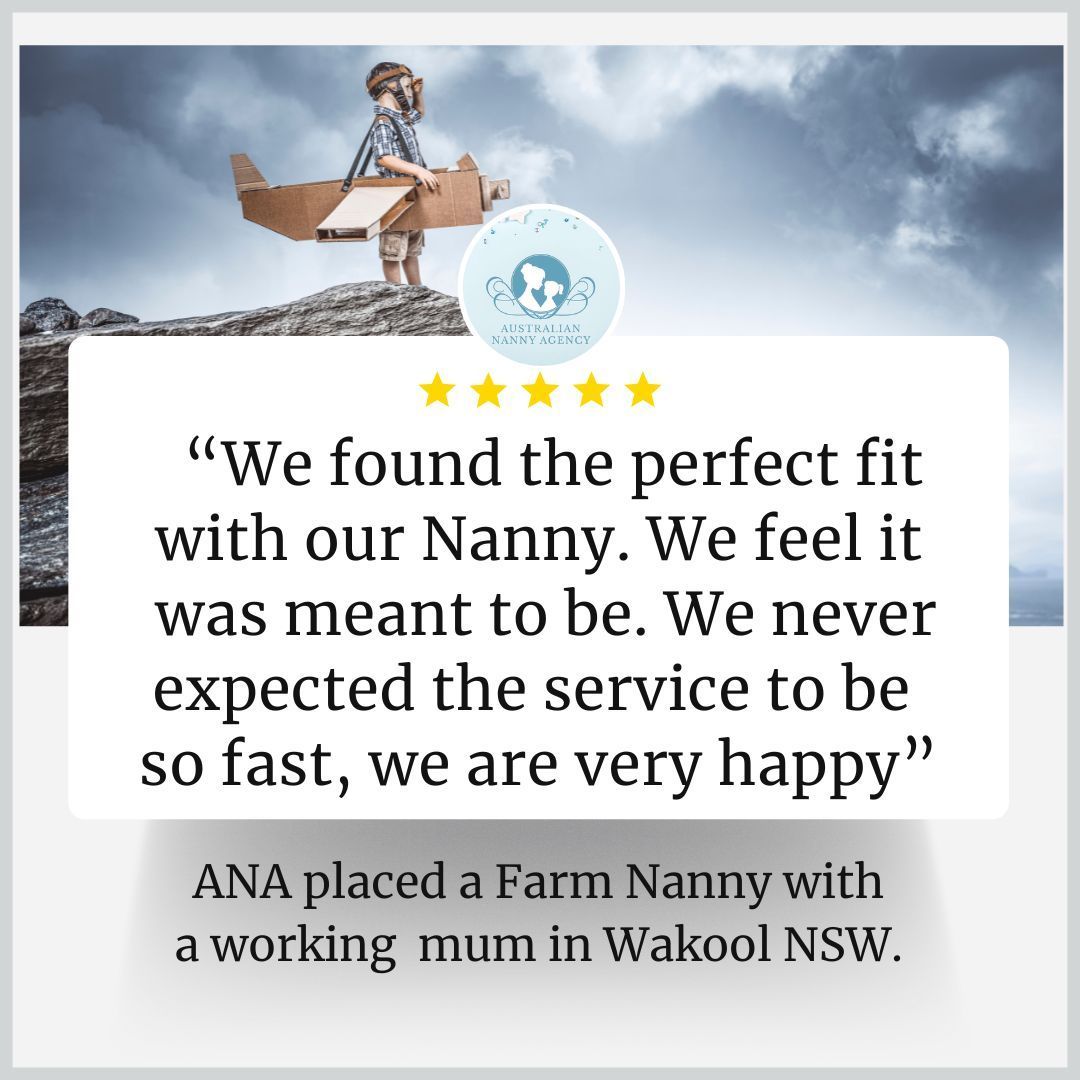"Understanding Availability and Flexibility: Key Factors for Nanny Agencies to Align Candidates with Families' Dynamic Scheduling Needs"

Why Nanny Agencies Ask About Availability and Flexibility
In the world of childcare, finding the right match between a family and a nanny is paramount. Nanny agencies play a critical role in this process, not just in vetting potential candidates but also in ensuring that the chosen nanny meets the specific needs of the family. One of the primary aspects that agencies focus on is a nanny's availability and flexibility. Understanding why these factors are essential can help both families and nannies navigate the hiring process more smoothly.
Understanding Family Dynamics
Families today often have dynamic schedules that can vary significantly from week to week. Parents may work irregular hours, have unpredictable commitments, or need childcare during evenings and weekends. As such, a nanny's availability is one of the foremost considerations for a family seeking childcare. When agencies inquire about a nanny's availability, they aim to determine whether the candidate can accommodate the family's unique scheduling needs.
For example, a family with two working parents may need a nanny to start as early as 7 AM and finish as late as 8 PM on certain days. If a nanny can only work standard hours, they may not be a suitable match for that family. By discussing availability upfront, agencies can save both the family and the nanny time and effort in the hiring process, ensuring they focus only on candidates who can meet the necessary requirements.
The Importance of Flexibility
Flexibility goes hand-in-hand with availability. While a nanny may have set hours during which they are available to work, families often find that their schedules can change at the last minute due to work commitments, emergencies, or social events. In these situations, having a flexible nanny can be a significant advantage.
For example, if a parent has a last-minute meeting or an unexpected event arises, a flexible nanny can step in to provide care without causing disruption to the family's routine. This adaptability is often what separates a good nanny from a great one. Families value nannies who can adjust their schedules to accommodate unexpected changes, ensuring that children are cared for consistently and reliably.
Building Trust and Reliability
When nanny agencies ask about availability and flexibility, they are also assessing a candidate's reliability. Families want to hire someone they can depend on to show up when needed, especially when it comes to caring for their children. A nanny who demonstrates flexibility and a willingness to adapt to changing circumstances is likely to build trust with the family over time.
This trust is crucial, as it allows parents to feel secure in leaving their children in the care of someone who understands their needs and can respond to them effectively. Additionally, when a nanny is reliable, families are more likely to form a long-term relationship with them, which can lead to stability for the children.
Preparing for the Unexpected
Life can be unpredictable, and families often have to navigate challenges that require immediate adjustments. For instance, a child may fall ill, or a family member may need emergency assistance. In such cases, a nanny who is available and flexible can provide much-needed support. Agencies recognize this reality, and their inquiries help identify caregivers who are not only willing but also capable of responding to these unexpected situations.
By discussing potential scenarios during the hiring process, agencies can gauge how a nanny might handle various situations. For instance, a nanny who openly discusses their willingness to adjust their schedule for emergencies demonstrates a proactive approach to childcare. This conversation can also provide families with peace of mind, knowing they have a reliable caregiver who can step in when needed.
Crafting a Positive Work Environment
Lastly, understanding a nanny's availability and flexibility allows families to create a positive work environment. When nannies feel supported in their roles, both in terms of their availability and the family’s understanding of their needs, they are more likely to thrive in their positions. Open communication about scheduling and flexibility fosters a collaborative relationship, where both parties can express their needs and expectations.
This collaboration not only aids in building a strong caregiver-child bond but also contributes to a harmonious family dynamic. When nannies are respected and valued for their time and efforts, they are more likely to invest emotionally in their work, leading to better outcomes for the children they care for.
Conclusion
In conclusion, the inquiries made by nanny agencies regarding a nanny's availability and flexibility serve multiple purposes. They help ensure a good fit between the family and the caregiver, build trust and reliability, prepare for unexpected situations, and foster a positive work environment. For families navigating the childcare landscape, understanding the importance of these discussions can lead to a more fruitful hiring process and, ultimately, a more successful partnership. By prioritizing availability and flexibility, both families and nannies can create a nurturing atmosphere that supports the well-being of children and meets the diverse needs of modern parenting.
Why do nanny agencies prioritize inquiries about a candidate's availability and flexibility during the hiring process?
Blog









